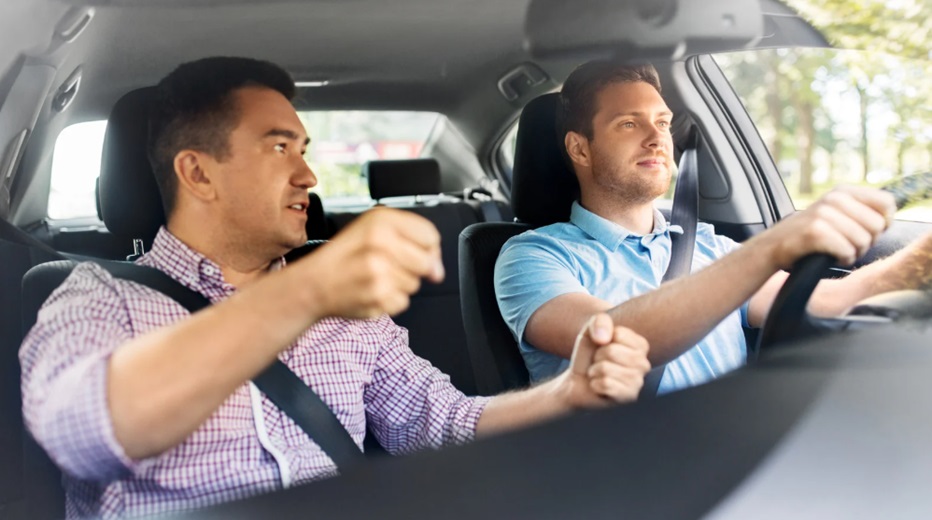In an age where road rage and reckless driving are increasingly common, defensive driving courses in Texas offer more than just a legal remedy—they serve as a proactive approach to safety and emotional control behind the wheel. Aggressive driving behaviors—like tailgating, excessive speeding, or hostile gestures—can escalate quickly into dangerous situations. Defensive driving equips individuals with the mindset and skills necessary to respond appropriately, not impulsively. Learning how to remain calm, avoid confrontation, and recognize early signs of escalation can mean the difference between a safe trip and a serious incident. These courses instill habits that help drivers defuse situations before they spiral out of control.
Recognizing and Responding to Aggression on the Road
Aggressive drivers are often unpredictable. Defensive driving courses teach students to anticipate erratic behavior by maintaining safe distances, scanning the road continuously, and avoiding engagement with hostile drivers. These foundational practices create a mental buffer that allows drivers to stay focused on safety rather than reacting emotionally. Driving records required for Texas courts often determine eligibility for course completion benefits, such as ticket dismissal or point reduction, making it essential for drivers to review their records before enrolling. Participants learn to adopt a mindset that prioritizes safety over ego. The curriculum often includes real-world examples and video scenarios to reinforce de-escalation tactics and highlight the legal implications of road rage.
Confidence Through Education and Skill
Completing a defensive driving course reinforces responsible decision-making, which boosts driver confidence. The more skilled and informed a person feels behind the wheel, the less likely they are to feel threatened or overwhelmed in high-stress scenarios. The benefits of taking a defensive driving course go beyond ticket dismissal and insurance reduction. These classes improve situational awareness, promote a calmer driving style, and encourage better emotional regulation—traits that directly counteract aggressive behavior. Rather than reacting impulsively, trained drivers learn how to calmly change lanes, slow down, or take an alternate route when confronted with a hostile motorist. This knowledge doesn’t just protect the driver—it contributes to overall roadway harmony.
Building a Safer Road Culture
One of the most lasting effects of defensive driving is how it influences others. When a driver practices caution and courtesy consistently, it can set the tone in traffic environments. These drivers become part of a ripple effect that promotes safer habits among peers, passengers, and other motorists. In regions where traffic violations are frequent, expanding access to defensive driving courses can have the potential to reduce collisions and road rage incidents significantly. Drivers become ambassadors of road civility—demonstrating restraint, patience, and lawfulness even when others don’t.
Conclusion
Aggressive behavior on the road is a reality, but it doesn’t have to be your reality. Through defensive driving courses, Texas drivers can develop the tools, awareness, and emotional intelligence to steer clear of conflict. Whether you’re aiming to clean up your driving record or simply want to feel safer and more in control, the right training makes all the difference. These courses turn reactive drivers into proactive ones—empowered not just to drive but to lead by example.



